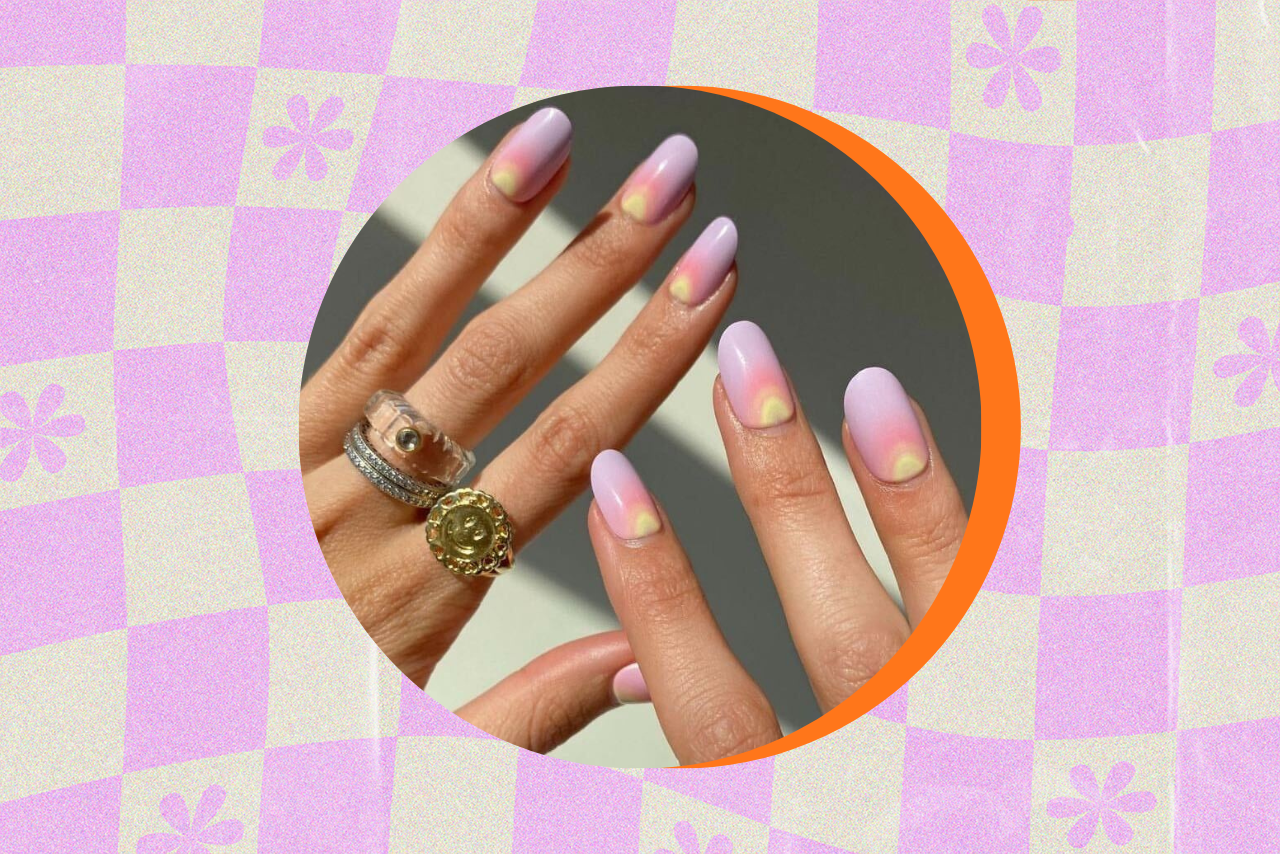The “that girl” trend is a romanticized version of hustle culture. That’s what some have been saying about the trend that swept TikTok during early 2022.
“That Girl” is characterized by gym runs, organized schedules and self-help. She’s at her peak, not a hair out of place as she braves the capitalistic world in front of her. Some are inspired by her; she seems to have every aspect of her life in place. Others find her privileged and tone-deaf, promoting a “girl-bossed” version of capitalistic mentalities.
Like many things in life, “that girl” exists in a shade of grey. It’s a positive trend used to inspire girls to grab their life by the bootstraps yes, but it also reinforces the same concept as hustle culture: you must always be working in some way.
Taking a peek into the That Girl trend can reveal more about the capitalist economic structure that governs most of the Western world than what’s gauged by 30-second “get ready with me” routines.
That Girl and hustle culture are almost synonymous to the trend’s critics.
For those who don’t know, hustle culture is a lifestyle that prioritizes work over anything else, intrinsically linking work to self-value. Hustle culture demands its participants sacrifice making life-long memories by making memories cramped up at a desk.
People like Gary Vaynerchuk have pushed this movement forward, giving motivational speeches about how spending those extra hours glued to the desk has made them millions.
Of course, hustle culture has its critics.
NPR was quick to analyze the socioeconomic disadvantages that cause people, specifically Black people, to be stuck in a cycle of poverty. The idea that just working hard can secure financial freedom is a pipe dream—a lie.
Even some business owners think hustle culture isn’t all that it’s cracked up to be. The New York Times interviewed David Heinemeier Hansson, one of the founders of tech start-up Basecamp, who said that the ones bearing the hustle culture flag and leading the charge aren’t the “real” workers. They’re managers andpeople in higher positions.
When broken down, successful white businessmen try to sell hopes and dreams to the underprivileged without showcasing the immense privilege and connections they have in the first place. This already sounds like the brother to the “that girl” trend, but there is a big difference: self-care
Self-care is one of the foundations of the That Girl lifestyle. From showering in serums to scribbling incoherent feelings in a notebook to cope, there is an element of taking care of yourself. There’s a sense of candidness with it. Some of these “that girl” creators admit that they don’t stick to every parameter of their extensive routine.
And there’s the difference.
Hustle culture isn’t about pilates and eating balanced; it’s about working until these theoretical dreams that stretch out into the openness suddenly become within reach. It’s about piled-up coffee cups and dry eyes. That girl wouldn’t even let her eyes get sodry.
Productivity, chasing those dream careers, is a factor of the trend.
Journaling, affirmations, positive self-talk and long soaks in the bathtub are all factors too.
Hustle culture is built from pure exploitation, desperation, and self-loathing, and sure, “that girl” may fall into some of those capitalistic attributes at times, but that girl was built from an inherent desire to be more. Leaner, more productive, more successful, more social, happier, more whatever. It was built from a place of longing to be something.
But why do they want to be something more?
In a society that prioritizes financial success as the end all be all, the push for constant improvement at any cost is ingrained in children’s minds the moment they step foot into the classroom. They’re compared with test scores, and funding is withheld if they don’t perform as expected. Some are placed in honors programs, being exalted as the gifted kid, only to crash and burn as they prioritize academic achievement as a measure of self-worthiness. Students even compare their sleepless nights to each other, bragging that they got the least amount of winks last night. And when authority figures don’t notice these children suffering at the hands of constant competition and blindly awarding the victor, the cycle continues.
In fairness, these tactics do prepare some of them to reach their dreams of financial freedom and success. Others die trying.
So do these girls, nose deep into “Atomic Habits,” do what they do out of sheer enjoyment? No.

They were told that being productive would get them far. Their choices aren’t in a vacuum. Every time they picked up the pen to scribble down notes instead of relaxing on their phone is because of the idea that work and success should be exalted more than other facets of life.
But it’s not their responsibility to detail the cobwebs of capitalism to their audience. Though their choices may be affected by it, the need to censor or research socialist theory before pulling out the vlog camera to film a shower routine video isn’t necessary.
However, there should be a level of accountability for it. These girls are privileged to have access to iPads and green juice. The luxury stretches beyond that. It’s a privilege to have time for 30-minute meditations and self-care nights. Long working hours rob that from others.
Shaming isn’t the way to go about productivity culture, especially the “that girl” trend simply because it wouldn’t do much to change the economic structure of the United States.
Even if every girl who made a ‘that girl’ video vowed to put down their cameras to protest against capitalism, the disadvantages and exploitation that people face under it wouldn’t change. It wouldn’t change a millimeter.
So, there is an air of privilege when “that girl” posts her TikTok about her 6 a.m. morning routine. The strings of exploitation may even puppet her around as she starts another business project of hers. But it’ll take more than public shame to sever these strings that hoist her up.
Tying worth not to what someone does, but who they are, would be a start.



